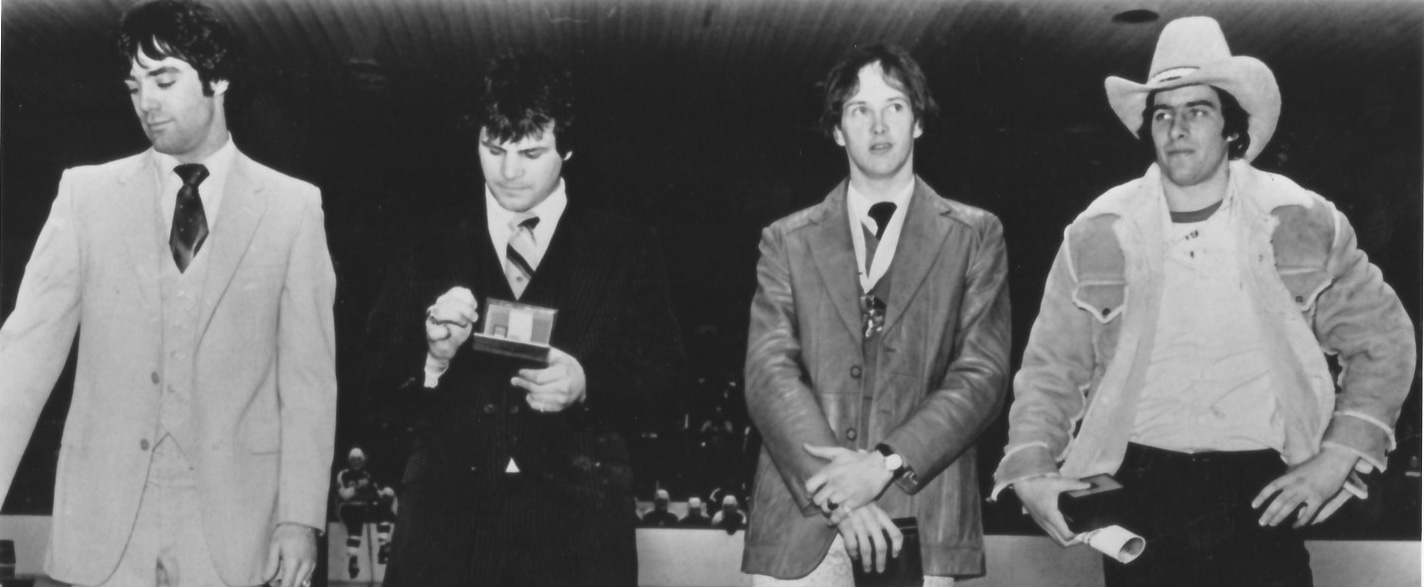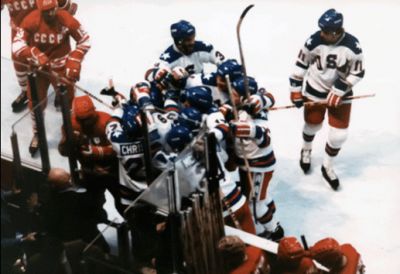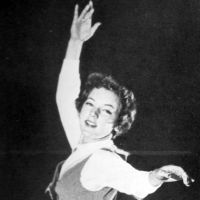Primary Source
SHOT HEARD ' ROUND THE WORLD
How could you figure it? How could you imagine? This team of college kids and enthusiasm beat the best damned hockey team in the world. Locked into the cool-war, cold-war drama of the time, playing against hard-bitten, toothless, virtual professionals, these hard-eyed little boys of the US never backed down. They came from behind. They overcame the age and experience of the Russians, the game situations that seemed to be tilted against them for all of the night, the pressure that certainly could have knocked them silly. They won.
"How did the final 10 minutes feel?" someone asked Dave Silk, the US forward from Scituate.
"It's like the old line about North Dakota, "I spent a week there one afternoon," Silk replied. "The time lasted forever…. The entire last 10 minutes, I felt strange."
….The final 10 minutes were an extension, a magnification of the struggle during the entire game. The American kids against impending doom. Wasn't that it? When would the Russians score? How would they score? Wouldn't they surely score? Wasn't that it, exactly? The American kids fighting this force that surely would finish them in the end.
"I kept telling myself that if we're going to lose in the end, if the Russians are going to come back— and I've seen them do it a thousand times —then I was going to make sure it wasn't going to be a bad goal," goaltender Jim Craig of North Easton said. "I didn't want anyone to say I was nervous or this or that. I didn't want anyone saying I couldn't play the big games."
The important goal, of course, had been scored by US captain Mike Eruzione of Winthrop, a lovely blue dart of a shot that whistled past Russian goaltender Vladimir Myshkin. Scored at the exact midpoint of the final period, giving the US its first and only lead at 4-3, it was only a hope, an expectation, a possibility. It was like the other US goals in the game, an aberration in the tone of the game, the Russians controlling the puck at least 60 percent of the time, taking three shots to every one for the US kids, a US goal a surprise, a reward for pluck more than domination, a fast about-face before a return to the normal, Russian-controlled buzz.
Hadn't the Russians come back from heavier troubles than this?… Weren't they unbeaten in the Olympics since 1968, since a time when most of these kids were in grammar school?
….The agony of the final 10 minutes, nine minutes, eight minutes, seven, were played on the clock…. Six minutes, five, four, three, "two minutes remaining in the game," the female public-address announcer said and even her voice was shaking. One minute, number by number, all 60 seconds, finished.
The pictures from the end of this game will be saved for a long, long time. These American kids just going crazy, rolling on the ice, throwing their sticks into the stands, rolling, crazy, crying, enjoying. There was drama here, emotion, release, that was bigger than any hockey game, any sporting event, bigger than it ever was supposed to be….
Boston Globe, February 23, 1980






